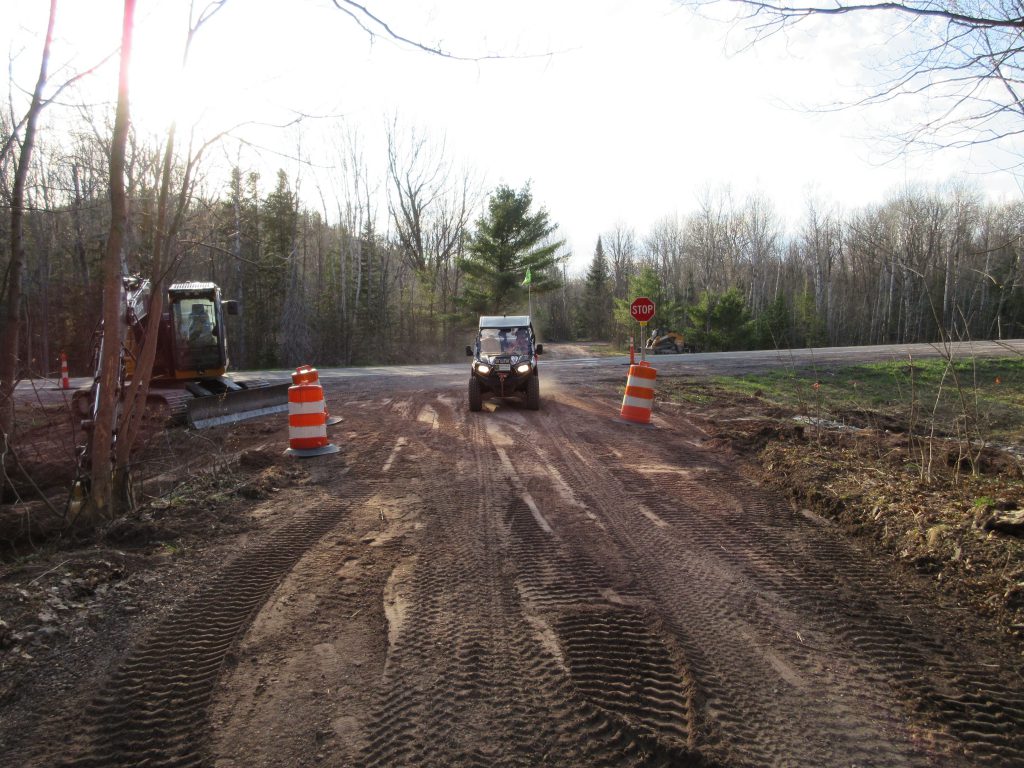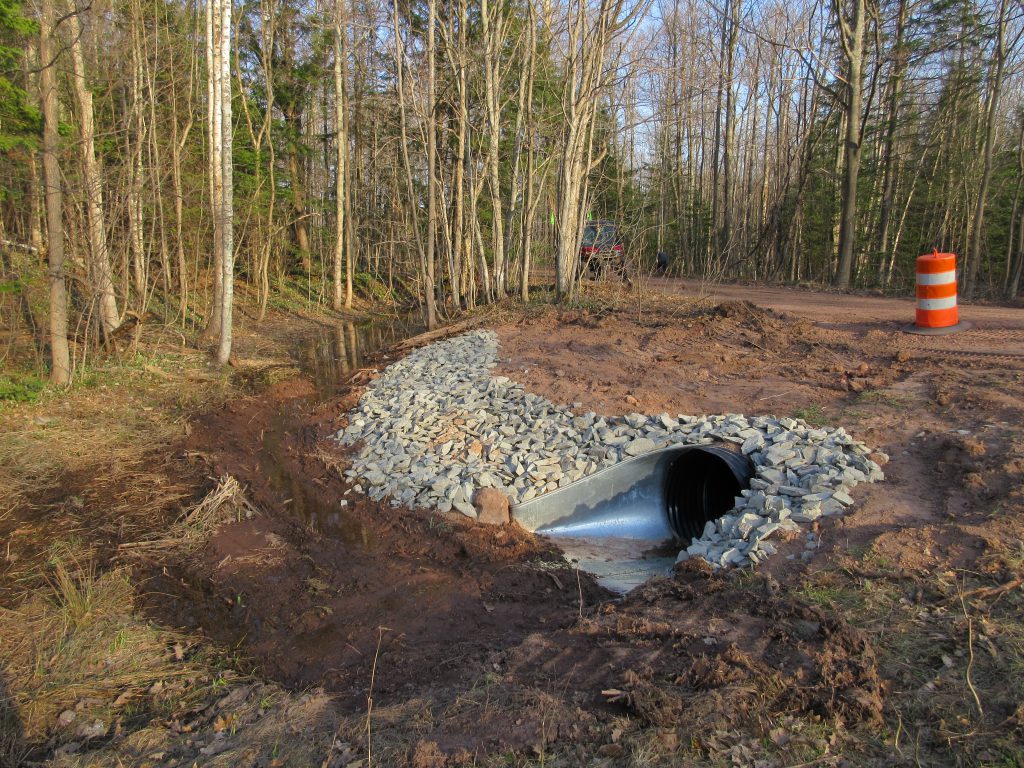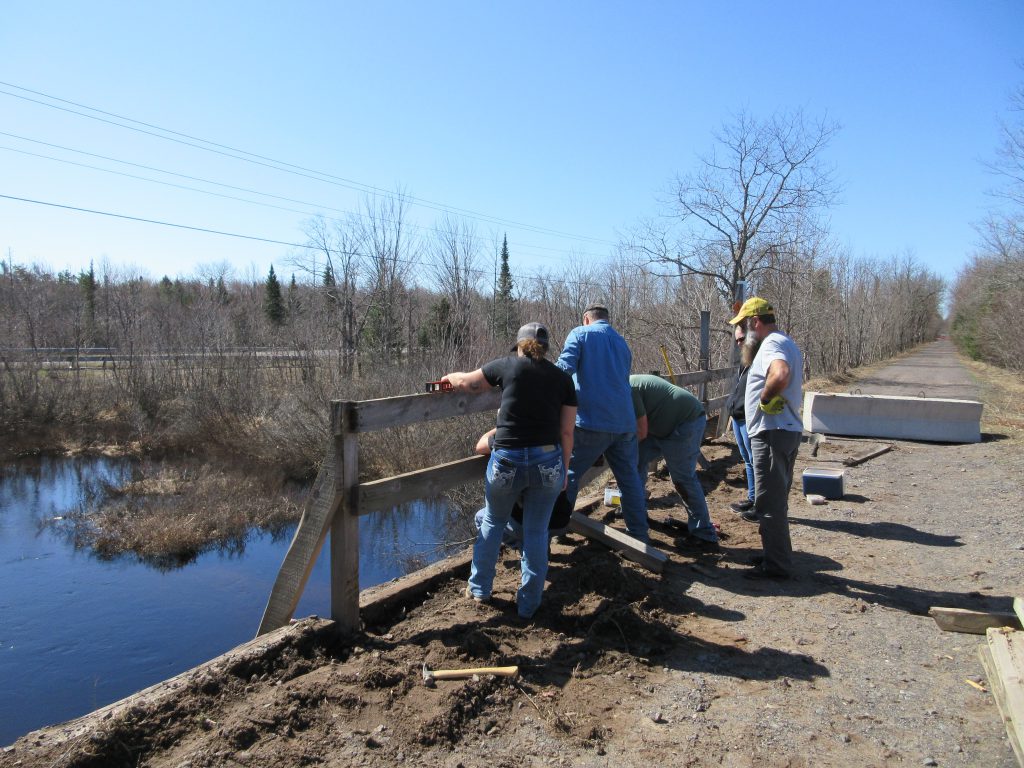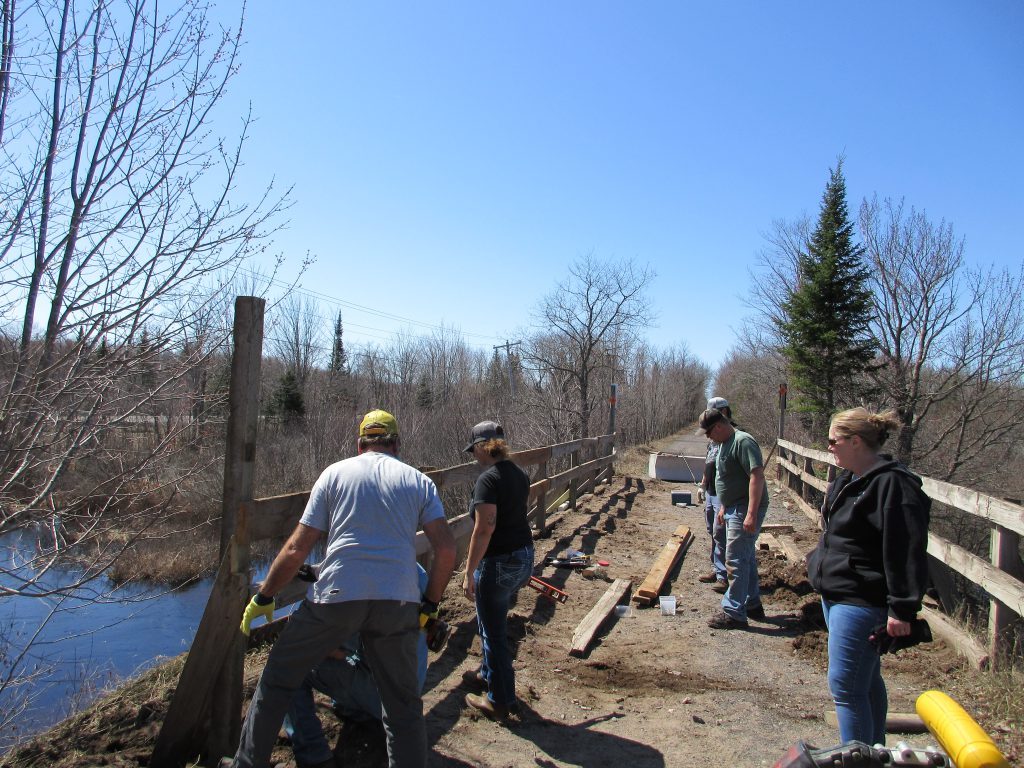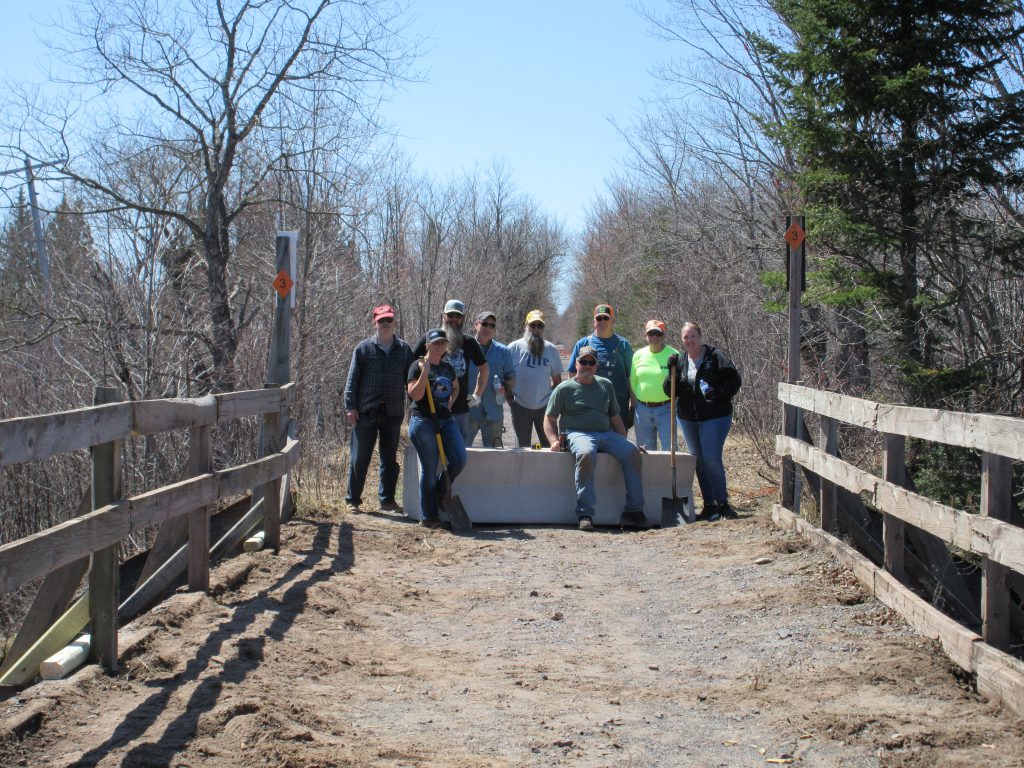MI-TRALE held their Annual Meeting and Board Elections on Monday, January 12th, 2026. They were held in the Stannard Township Hall, 14927 State HWY M-28 East, Bruce Crossing, MI, 49912 beginning at 7:00pm Eastern.
Our current Vice President, Jon Fourez was re-elected to his same position as was our Treasurer Dave Bishop. One of the three Directorships, that were open for election, was currently held by Chris Palmer. He was re-elected to that position. So he, Vice President Fourez and Treasurer Bishop will continue in their respective roles for the coming two years. They have all done excellent work for MI-TRALE in their past years of service and we are looking forward to working with them through their next term.
The other two Director seats were filled by new persons to the Board. Chris Kooyers, originally from Holland, Michigan who now lives in Sidnaw with his wife Cindi and Adam Gingery who is the CFO at Trierweiler Construction in Marshfield, Wisconsin, where he lives with his wife and two children. He also has a second home in Land O’ Lakes, Wisconsin with quick access to all of MI-TRALEs trails. Their terms of office are also for the next two years. MI-TRALE enthusiastically welcomes them as new Directors to the Board. Both of their work experiences will be a valuable asset to MI-TRALE and we look forward to working with them as members of our Board.
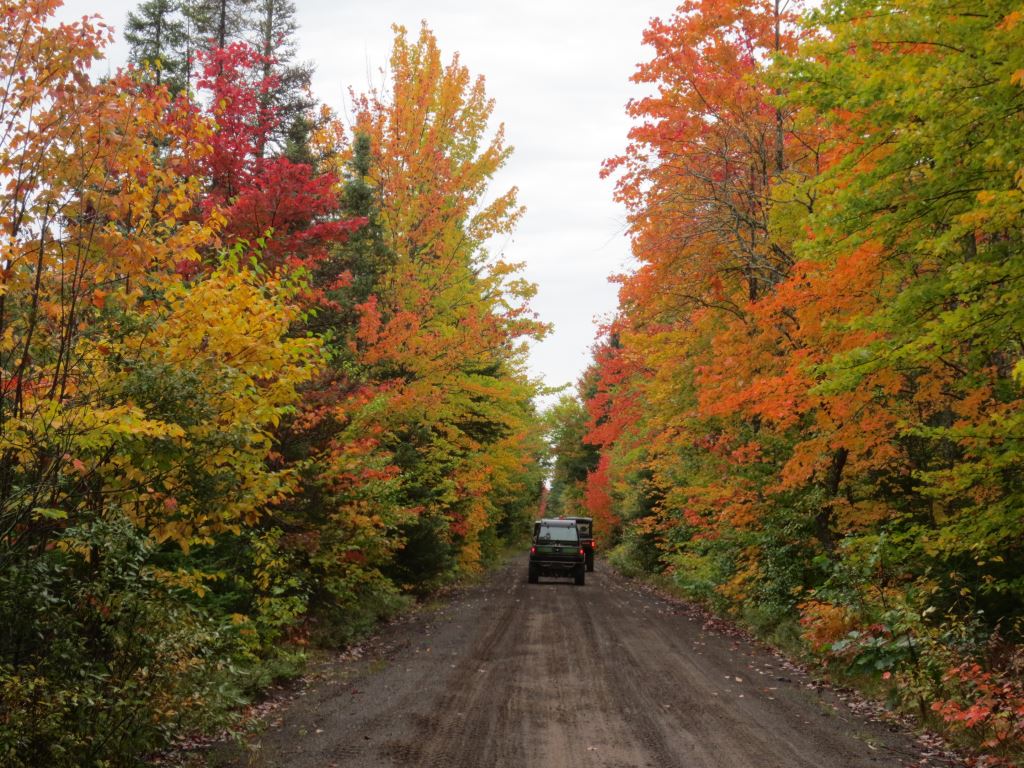
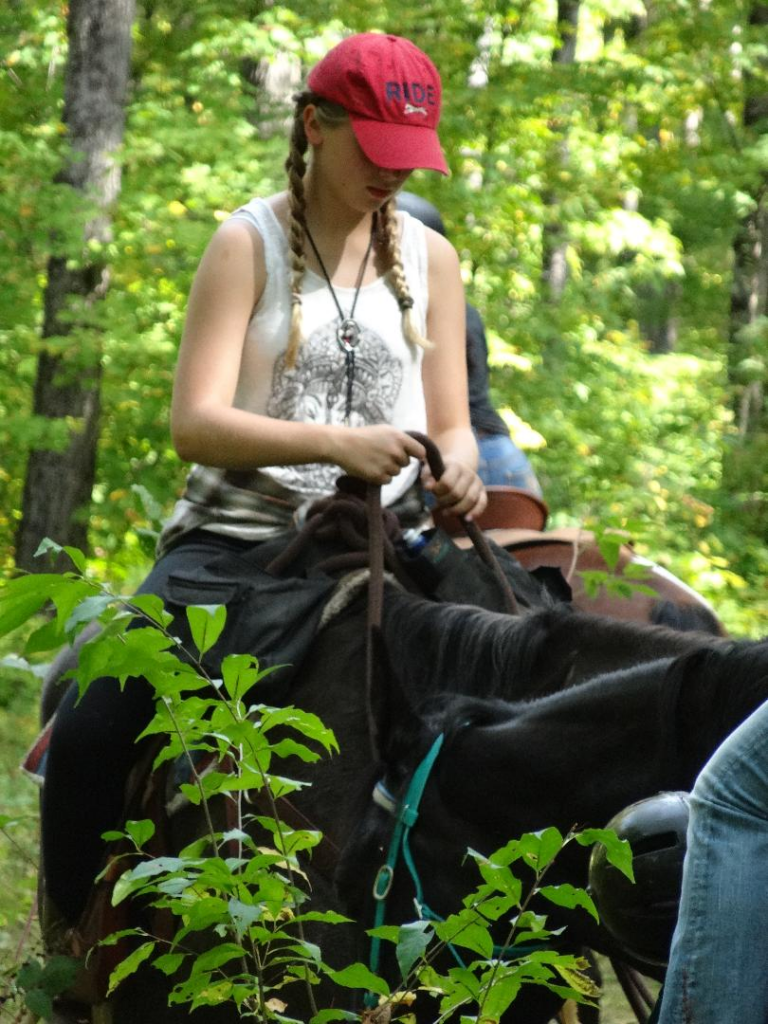
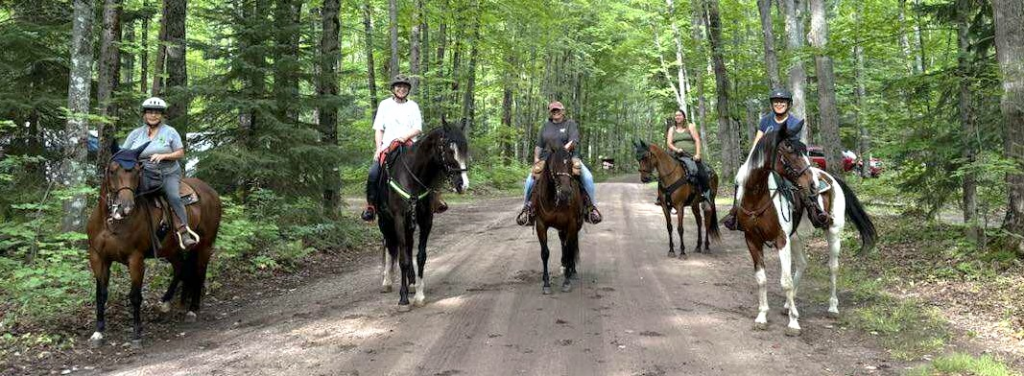
 Off-road vehicles are fun year-round, but activity in Michigan tends to increase around the Fourth of July holiday as people head to trails and ORV scramble areas to enjoy world-class riding experiences.Keeping safety in mind is vital on any ride, for you and others. According to 2023 statewide ORV crash data, 93% of ORV fatalities could have been prevented. These crashes and injuries primarily were due to excessive speed and a lack of helmet/seat belt use. Parents are reminded, too, that they must have visual supervision of all children under the age of 16 when those children are operating an ORV.“Always ride within your and the machine’s capabilities,” said Cpl. Mike Hearn, DNR law enforcement ORV and snowmobile specialist. “When you ride too fast, you are more likely to lose control when hitting even the smallest bump or trying to make turns or stop.”All ORV operators are urged to “Ride Right” and keep other important guidance in mind:Ride at a safe speed.Ride sober.Ride on the right side of the trail.Keep lights on when riding.Always wear a helmet.Please keep in mind that about 60% of motorized and nonmotorized DNR-managed trails in northern Michigan remain temporarily closed due to effects of the March 28-30 ice storm. For status updates on state-managed facilities, trails and forest roads, refer to the
Off-road vehicles are fun year-round, but activity in Michigan tends to increase around the Fourth of July holiday as people head to trails and ORV scramble areas to enjoy world-class riding experiences.Keeping safety in mind is vital on any ride, for you and others. According to 2023 statewide ORV crash data, 93% of ORV fatalities could have been prevented. These crashes and injuries primarily were due to excessive speed and a lack of helmet/seat belt use. Parents are reminded, too, that they must have visual supervision of all children under the age of 16 when those children are operating an ORV.“Always ride within your and the machine’s capabilities,” said Cpl. Mike Hearn, DNR law enforcement ORV and snowmobile specialist. “When you ride too fast, you are more likely to lose control when hitting even the smallest bump or trying to make turns or stop.”All ORV operators are urged to “Ride Right” and keep other important guidance in mind:Ride at a safe speed.Ride sober.Ride on the right side of the trail.Keep lights on when riding.Always wear a helmet.Please keep in mind that about 60% of motorized and nonmotorized DNR-managed trails in northern Michigan remain temporarily closed due to effects of the March 28-30 ice storm. For status updates on state-managed facilities, trails and forest roads, refer to the  Be aware, ‘Ride Right’ for safe, responsible, off-road funAs off-road vehicle riding ramps up during Memorial Day weekend and throughout summer, it’s vital to keep safety top of mind. And following the massive March 28-30 ice storm in northern Michigan – a popular spot for ORV riding – it’s critical to “know before you go” when visiting the 12 affected counties.Please know that northern Michigan’s landscape may look different with more open spaces, damaged trees and natural debris.Storm-related closuresPlease respect all nonmotorized and motorized trail closures. If you’re visiting a reopened trail, stay on the trail corridor itself due to potential hazards in the surrounding forest, including numerous leaning trees and hanging tree limbs.Visit the ice storm response
Be aware, ‘Ride Right’ for safe, responsible, off-road funAs off-road vehicle riding ramps up during Memorial Day weekend and throughout summer, it’s vital to keep safety top of mind. And following the massive March 28-30 ice storm in northern Michigan – a popular spot for ORV riding – it’s critical to “know before you go” when visiting the 12 affected counties.Please know that northern Michigan’s landscape may look different with more open spaces, damaged trees and natural debris.Storm-related closuresPlease respect all nonmotorized and motorized trail closures. If you’re visiting a reopened trail, stay on the trail corridor itself due to potential hazards in the surrounding forest, including numerous leaning trees and hanging tree limbs.Visit the ice storm response  All ORV operators are urged to “Ride Right” and keep this important guidance in mind:Ride at a safe speed.Ride sober.Ride on the right side of the trail.Keep lights on when riding.Always wear a helmet.Do your part to ensure everyone returns home safely; read more about ORV safety at
All ORV operators are urged to “Ride Right” and keep this important guidance in mind:Ride at a safe speed.Ride sober.Ride on the right side of the trail.Keep lights on when riding.Always wear a helmet.Do your part to ensure everyone returns home safely; read more about ORV safety at 